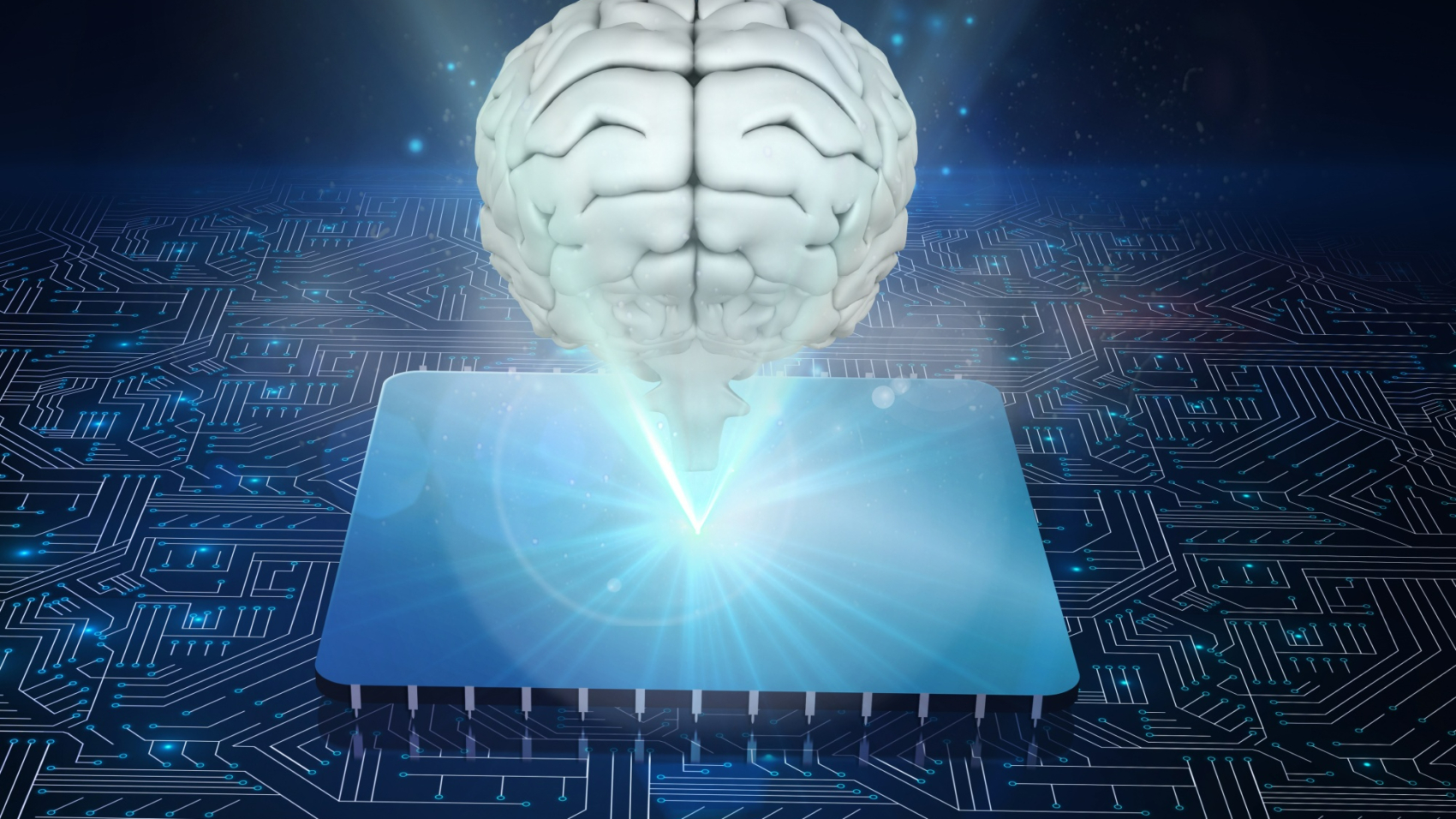MIT CSAIL researchers have introduced a novel AI method that simplifies the multi-step process of image generation into a single step, making it 30 times faster while maintaining image quality. This breakthrough has potential applications in design tools, content creation, drug discovery, and 3D modeling.
Harnessing the Power of Generative AI for Software Testing: The Story of DataCebo
DataCebo, a spinoff from MIT, is revolutionizing software testing with its generative AI system, the Synthetic Data Vault (SDV). The system creates synthetic data that mimics the real thing, allowing companies to effectively test software applications and train machine learning models, especially in scenarios where real-world data are limited or sensitive.
MIT Researchers Engineer AI Models to Enhance Peripheral Vision
MIT researchers have developed AI models which simulate peripheral vision. This could significantly enhance their ability to detect hazards and predict human behavior, particularly in the context of driver safety.
Ethics in AI Innovation: Keeping Pace with Rapid Advancements
The quick advancement of AI presents major ethical concerns. It’s vital to develop AI responsibly, respecting human rights and ethics. At AI First, we’re dedicated to ethical AI, keeping up with advancements while maintaining the utmost ethical standards.
MIT Initiative Aims to Reimagine the Future of Work in the AI Age
MIT has initiated a project to redefine the future of work in the AI era, led by professors Daron Acemoglu, David Autor, and Simon Johnson. This initiative disputes the common economic belief that declining job quality is unavoidable. It aims to discover creative solutions for guiding the economy towards fairness, concentrating on shaping technology and policies for a desirable work future.
AI Powering the Future of Smart Grids: A Multi-State Collaborative Project by MIT’s LIDS and Appalachian Regional Commission
MIT’s Laboratory for Information and Decision Systems (MIT LIDS) collaborates with the Appalachian Regional Commission (ARC) on a multi-state project to develop AI-driven models for smart grid modeling. The initiative uses generative AI to create advanced grid modeling and training algorithms, paving the way for the future of energy tech startups.
The Evolution of AI: Stability AI Unveils Preview of Stable Diffusion 3 Text-to-Image Model
Stability AI, a London-based lab, has launched an early preview of Stable Diffusion 3, its new text-to-image model. This advanced AI aims to create high-quality images from text prompts, enhancing performance in key areas. This follows the unveiling by its main competitor, OpenAI, of a new model that generates near-realistic, high-definition videos from text.
Adobe Launches AI-Powered PDF Assistant: A Game Changer for Document Management
Adobe has launched an AI assistant that can generate summaries and answer questions about PDF documents. This game-changing tool marks a step toward the future of document management, where AI plays a pivotal role. With services like AI First’s custom GPTs, businesses can stay ahead of this technological revolution.
Safeguarding AI’s Everyday Use: Unveiling the Institute for Safe Autonomy
The Institute for Safe Autonomy (ISA) at the University of York focuses on AI safety and benefits research, resonating with AI First’s goal of safe, effective AI services like DigiClone. As ISA studies safe AI integration into daily life, it parallels our DigiClone’s ethos in innovating personal branding and content creation.
OpenAI Introduces ChatGPT Memory Feature: A Game-Changer in Customized AI Assistance
OpenAI introduces memory capabilities to its ChatGPT product, enhancing its personalization and contextual relevance. As a leader in providing custom GPT services, AI First embraces this development, foreseeing promising implications for businesses seeking more personalized AI interactions.









